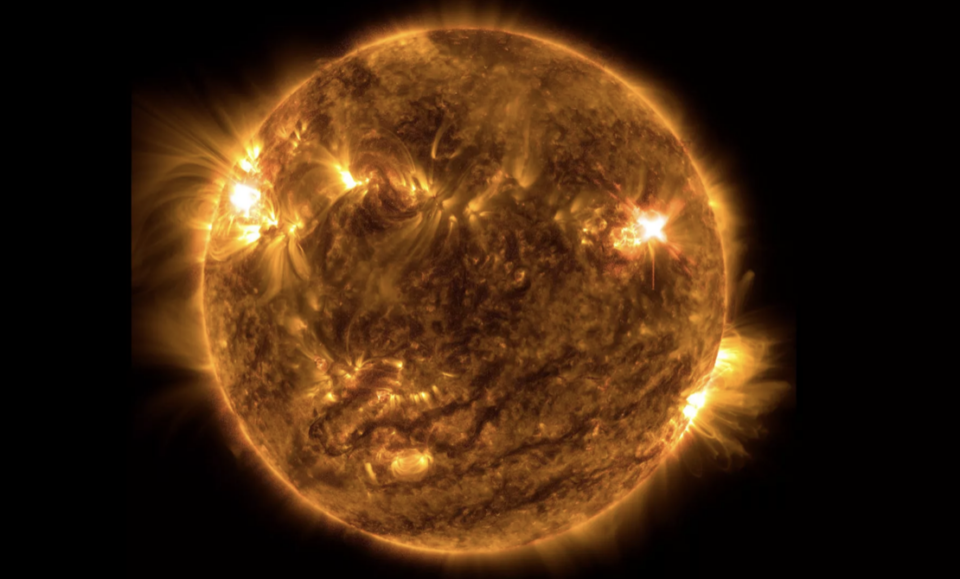The prospect of a solar storm knocking out the internet, as depicted in Becky Chambers’ novella “To Be Taught, If Fortunate,” is not entirely unfounded. While it would require a massive solar storm, it is not impossible. Solar storms occur when the sun releases intense bursts of electromagnetic radiation, sending waves of energy outward, impacting bodies in the solar system, including Earth. These geomagnetic storms can cause disruptions to radio signals, GPS, and even power grids, resulting in localized power outages. However, to take down the internet entirely, the solar storm would need to interfere with the ultra-long fiber optic cables that link continents beneath the oceans, potentially leading to a catastrophic global internet blackout.
Predicting solar storms is a challenging task. While current technology can predict solar storms up to two days in advance based on sunspot activity, tracking them with precision is difficult. The sun goes through approximately 11-year cycles of higher or lower activity, with the upcoming peak of solar maximum predicted to be more severe than the last few cycles. The last worldwide geomagnetic storm recorded was the “Carrington Event” in 1859, which caused auroras to be observed as far south as Cuba and Hawaii. Had the internet existed during that event, it might have faced significant disruptions.
To protect against the impact of future mega solar storms, power grids, satellites, and undersea cables need to be fortified against current influxes. Additionally, improved forecasting methods using historical data and observations are being researched by organizations like NASA and the European Space Agency. Preparing for the potential of such a catastrophic event can help mitigate the effects on critical systems, supply chains, communication, and society as a whole.

